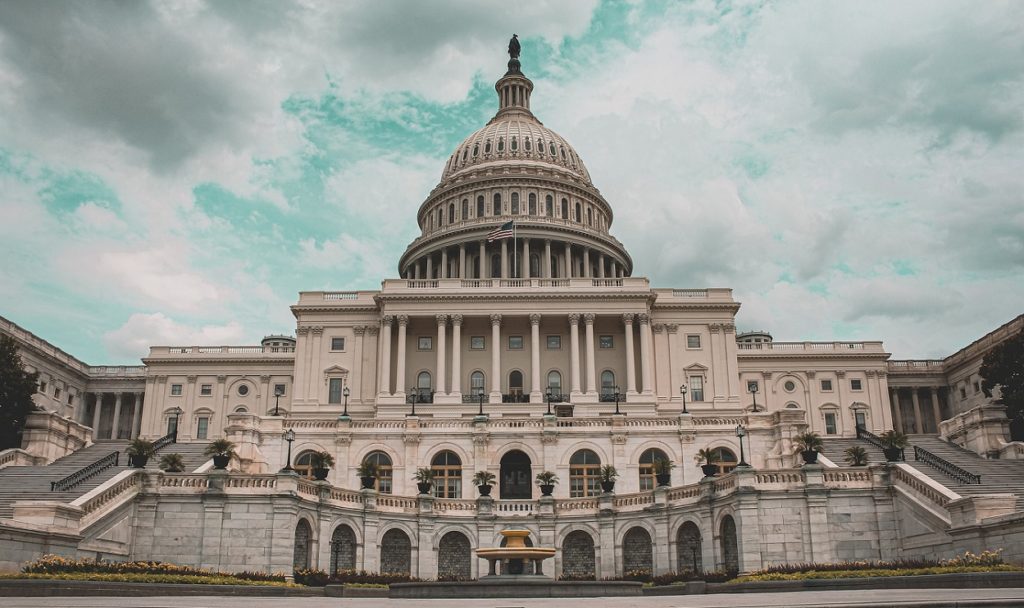
Changes to tax credits under the Inflation Reduction Act (IRA) could “jeopardise” nearly 300 US solar and energy storage manufacturing facilities, according to trade body the Solar Energy Industries Association (SEIA).
In a statement issued yesterday (19th May), SEIA said that if last week’s proposed US House Ways and Means Committee bill passes without change, the US could sacrifice almost 300,000 “current and future American jobs”, including 86,000 in solar manufacturing. It also said that of the 287 manufacturing facilities at risk, 80% are in Republican-voting states – a trend PV Tech has heard before.
Try Premium for just $1
- Full premium access for the first month at only $1
- Converts to an annual rate after 30 days unless cancelled
- Cancel anytime during the trial period
Premium Benefits
- Expert industry analysis and interviews
- Digital access to PV Tech Power journal
- Exclusive event discounts
Or get the full Premium subscription right away
Or continue reading this article for free
“There is still time to improve this bill which, as written, represents a crisis for America’s ability to build the energy infrastructure we need to meet surging demand,” said SEIA president and CEO Abigail Ross Hopper.
SEIA also said that the US could lose 145TWh of solar energy generation, leading to higher energy prices and an inability to meet rising US energy demand. Solar PV and energy storage have become the main technology for US energy capacity additions in recent years, accounting for 84% of new capacity in 2024.
Through 2030, SEIA said that solar PV had been forecast to meet 73% of the expected increase in US energy capacity and serve as the “affordable, abundant energy supply” to allow the buildout of AI and data centre facilities in the US.
“If Congress cuts these [IRA tax credit] incentives, energy production will fall 145TWh and America will not be able to meet demand, leading to blackouts and a surrender of the AI race,” SEIA’s analysis said.
“Passing this bill would create a catastrophic energy shortfall, cede AI and tech leadership to China, and damage some of the most vital sectors of the US economy,” Hopper added.
The International Energy Agency (IEA) forecast in April that the US and China would be the central markets for AI data centre development in the coming years, and said that demand from data centres powering AI would “more than double” by 2030. It said that renewables (of which solar PV is the fastest and cheapest) and natural gas would meet most of the demand growth.
Sylvia Levya Martinez, principal analyst for energy market analysis firm Wood Mackenzie, said: “Many of the elements in the proposed House budget bill would deter the development of renewable projects in the US.”
On the manufacturing side, Woodmac said that US solar manufacturing could be “affected negatively”, despite the fact that the bill preserves the 45X manufacturing credit for US producers through 2031.
Its provisions around “foreign entities of concern”, designed to bar Chinese solar manufacturers from participation in the US industry, could create supply issues and drastically raise the prices of US module manufacturing, which relies heavily on imported components.
PV Tech Premium published analysis of the Ways and Means Committee’s draft bill this week, in particular its language around “foreign entities”.






